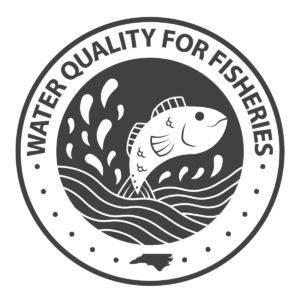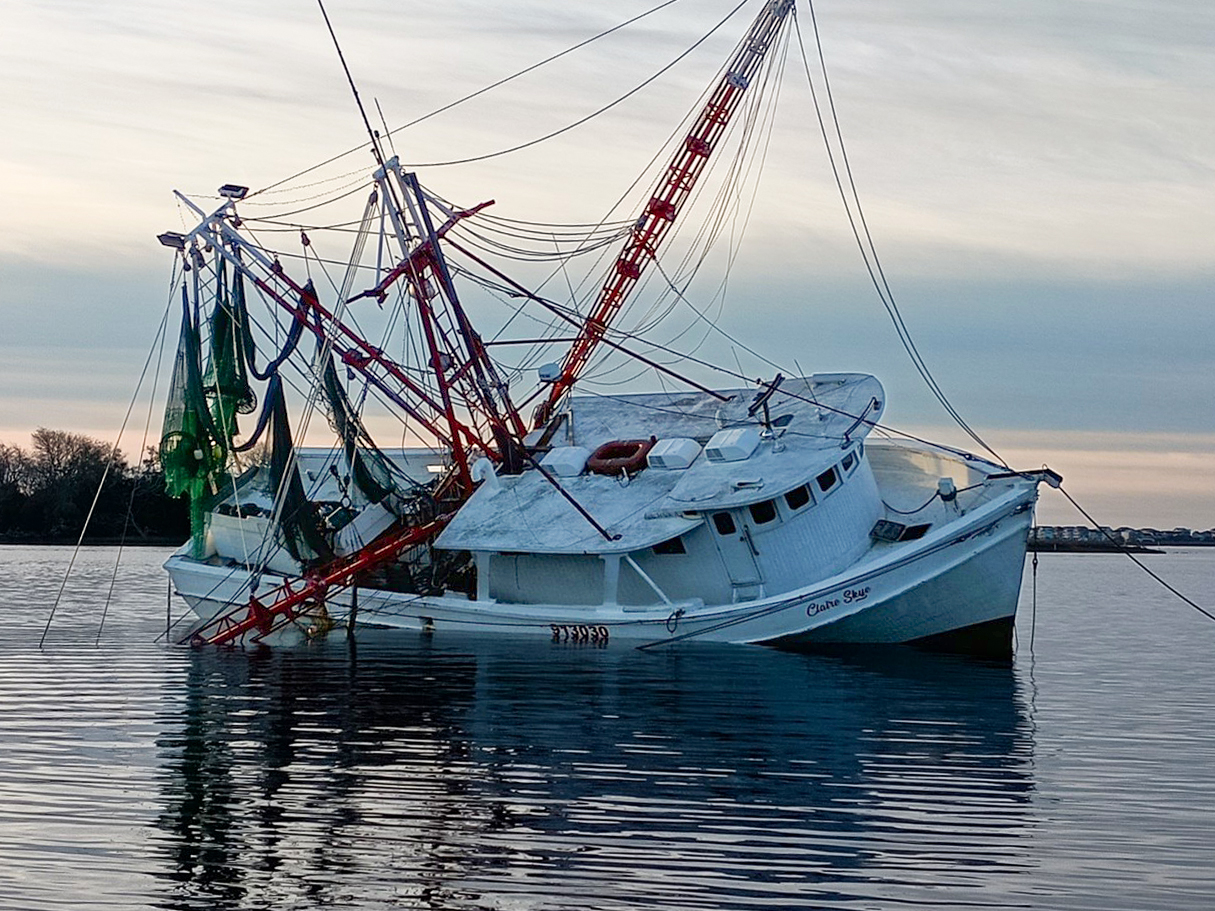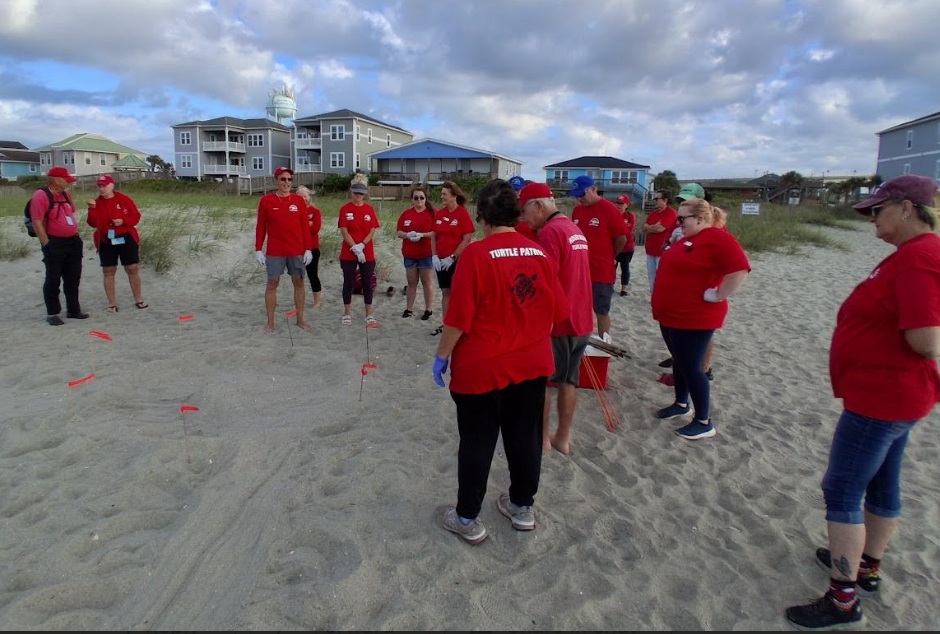A documentary film addressing how water quality affects North Carolina fisheries will be released March 22, which is World Water Day, in celebration of the 50-year anniversary of the US Clean Water Act.

The film, “Tidal Alert: The State of Water Quality and its Impacts on Coastal Fisheries,” is a component of the Water Quality for Fisheries Program. This coastwide program through Coastal Carolina Riverwatch addresses water quality concerns prioritized by coastal fishing communities in North Carolina. Riverwatch works to protect 320 miles of rivers and streams, 140,104 acres of estuaries and 129 miles of coastline in Carteret and Onslow counties.
Supporter Spotlight
“The Water Quality for Fisheries documentary (Tidal Alert) has been a year-long collaborative effort. This film features the commercial and recreational fishing community, the scientists studying these water quality concerns, and the advocacy community that is facilitating long-term sustainable change,” Lisa Rider, executive director of Coastal Carolina Riverwatch said in a statement. She added that the goal for this film is to elevate the voices of North Carolina’s coastal community.
The Clean Water Act regulates discharges of pollutants into the waters of the United States and regulating quality standards for surface waters. The basis of the act was put in place in 1948, then called the Federal Water Pollution Control Act. In 1972, the act was reorganized and expanded, becoming the what is known as the Clean Water Act that year.
The Clean Water Act led to a “dramatic improvement in the health and safety of waterways across the county. 2022 marks a monument year in which we can celebrate the power and promise of this revolutionary law, to protect communities around the State of North Carolina and beyond,” according to Riverwatch.
The film will be available for use in classrooms, screenings at public gatherings, and for additional educational uses. Register online for first access to the film by March 15.
“Our beautiful coast and its abundant waters are threatened by pollutants emerging from rivers, creeks, streets, sewage plants, septic tanks, and other sources. If you enjoy swimming in our coastal waters and eating the fish and shellfish these waters provide, this film will alert you to the major threats to coastal waters,” said Dr. Rick Kearney, board president with Coastal Carolina Riverwatch.
Supporter Spotlight
There also will be five short videos released throughout the year focusing on each of the top five prioritized water quality concerns that affect coastal fisheries.
“We hope that these voices will reach decision-makers in Raleigh, for the purpose of continuing and expanding the promise of the Clean Water Act. We hope that those listening will advocate to improve infrastructure, policy and enforcement, fund further research, and collaboratively protect our quality of water and quality of life in the State of North Carolina,” Rider said.







